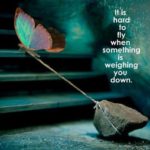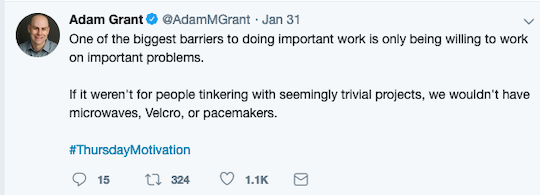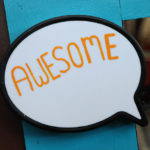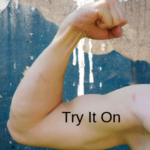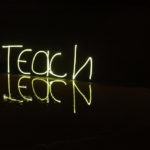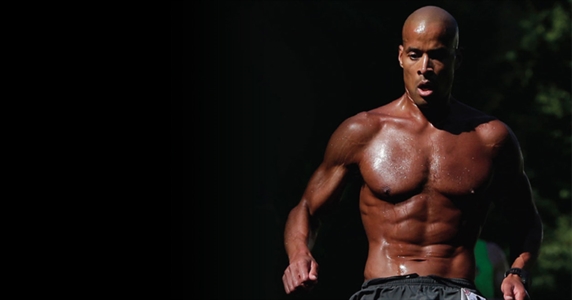“The purpose of art is washing the dust of daily life off of our souls.”
—Pablo Picasso, 20th Century Spanish Painter

Image from Tripadvisor
Some weeks ago, a close friend came over to help me repair a ceiling fan. Given my limited handiness and my desire to not electrocute myself, I reached out for some coaching on the matter.
Beyond the repair, I was a bit embarrassed by the amount of dust that had accumulated on the blades and bulbs.
Unless cleaning your house from top to bottom brings you joy and you do it often, dust is bound to accumulate. In the same way, if we neglect our inner world, our souls can get a bit dusty as well.
Although most of us would not see ourselves as a Picasso, we all have an artist within us that can help wash off the dust of daily life.
One of my favorite art forms is cooking. Various foods and seasonings represent the spectrum of flavors for each meal.
EXERCISE:
Please reply to this post with your own form of artistic expression that helps you dust off your soul to lead a more beautiful life.

